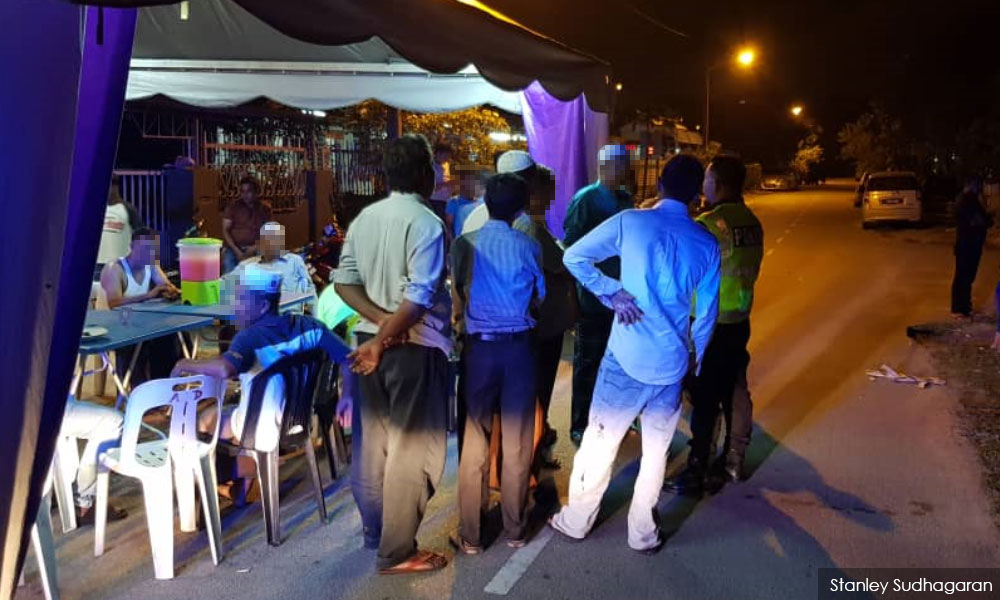
A few weeks ago, a few journalists met me to ask if I could connect them with child brides for interviews. They were not the first, and I am quite sure that despite this article, they will not be the last to make such a request.
When I informed them of the sensitivities when it came to interviewing children, they told me that the visual image of a child was essential in putting the point across and in spreading awareness that child marriages still exist in Malaysia today.
I offered statistics. In July 2018, Deputy Women, Family and Community Development Minister Hannah Yeoh announced that 14,999 child marriages were recorded between 2007 and 2017, with approximately 10,000 of them being Muslims.
The numbers tell us that on average, four children are being married every day in our country.
If that is not enough to prove the prevalence of child marriages in our country, the shocking revelation that an 11-year-old girl got married to a 41-year-old man as his third wife in Gua Musang, less than a year ago, still haunts the conversations of many Malaysians.
This news was quickly followed by two 15-year-old girls who were married in Tumpat, one of them to a 44-year-old man as his second wife.
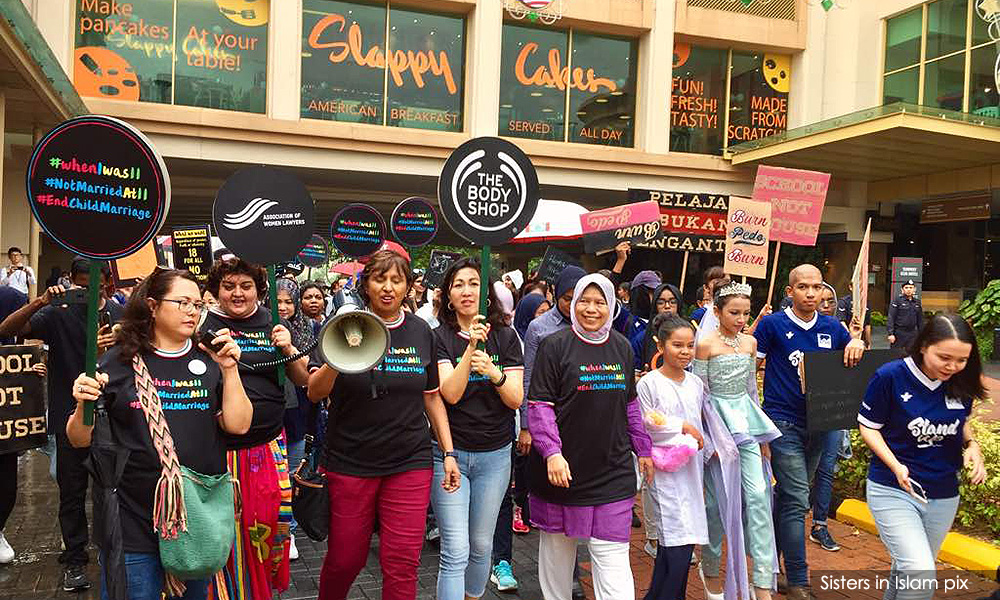
The journalists remained persistent, though, and informed me that they wanted the voice of the child to be captured in the story.
I asked: What would you ask the child?
They told me that they would ask how the child felt.
I offered to connect them to child psychologists and child rights activists who have worked on this issue and would be able to give meaningful insight into the mind and feelings of a child in such a situation.
But they insisted that the psychologists and activists would give an ‘interpretation’ of the voice of the child and distort the child’s ‘real’ voice.
I offered to connect them to an older woman who was married as a child. I told them that she would be able to talk, not only about how defeated she felt when she was told she was getting married, but also be able to reflect on how betrayed she felt when she was taken out of school, her submissive experiences as a child wife, her traumatising pregnancy at such a young age, and the life-changing opportunities that she missed out on because she was a child bride.
They told me: But she is not a child bride anymore!
Of course, she is. She married when she was young. She is older now, but that does not change the point that she married as a child.
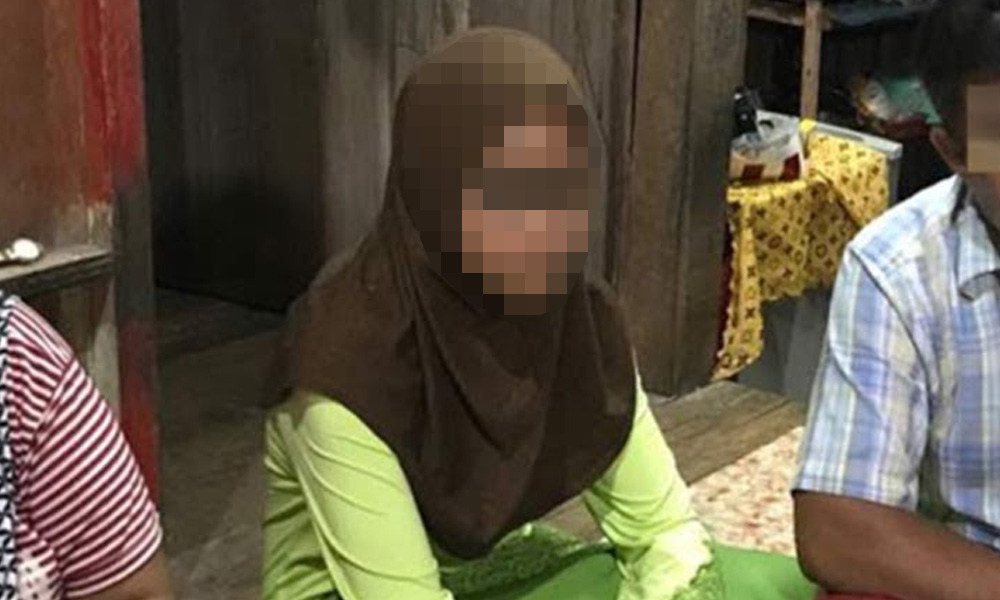
They told me again that the visual of the child was what they needed to get the point across. They wanted to capture the words of the child.
I told them that the child may only repeat things that the adult had told her to say.
Then let it be, they told me.
I told them that the child may only express feelings that the adults told her she felt.
Then let it be, they told me.
I told them that the child may not understand the full breadth of what is going on.
Then let it be, they told me.
I told them that the child may not have the language to express what is going on.
Then let it be, they told me. Whatever she says, and however she says it, that is what they would capture.
They also wanted to speak to her parents.
What do you want to ask them? - I asked.
Their reply: We want to know what they were thinking, and if they did this for the child’s best interest.
I said: Of course, they will say that they did it for the child’s best interest.
They replied: Then that is what we would report and let the readers decide what to make of it.
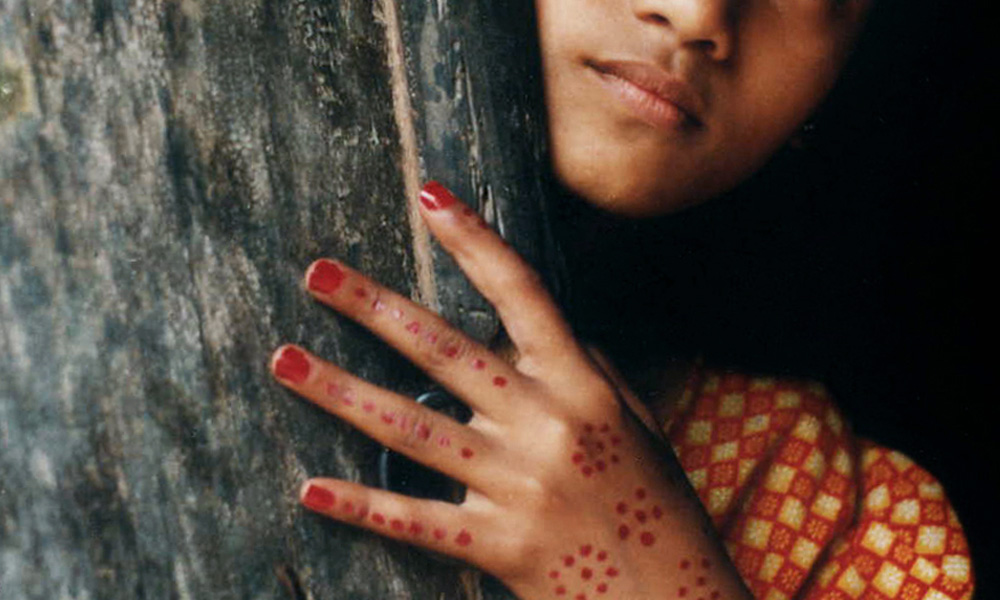
Conversations like these leave me torn between integrity and reality.
On one hand, it is obviously unethical journalism to exploit the voice of the child. It is not fair to use her voice of innocence and put her on the spot just for people to realise that she is not mature and cannot give mature answers.
Of course, we can easily highlight that the ultimate decision-makers appear to be the parents, and we can go on and on about how irresponsible they were for disregarding the child's future all too lightly.
But it troubles me that the victim seems to always get the heaviest blame.
It is disturbing to realise how the message of the devastating effects of child marriage seems to resonate with every level of society, except those who are consenting to the act.
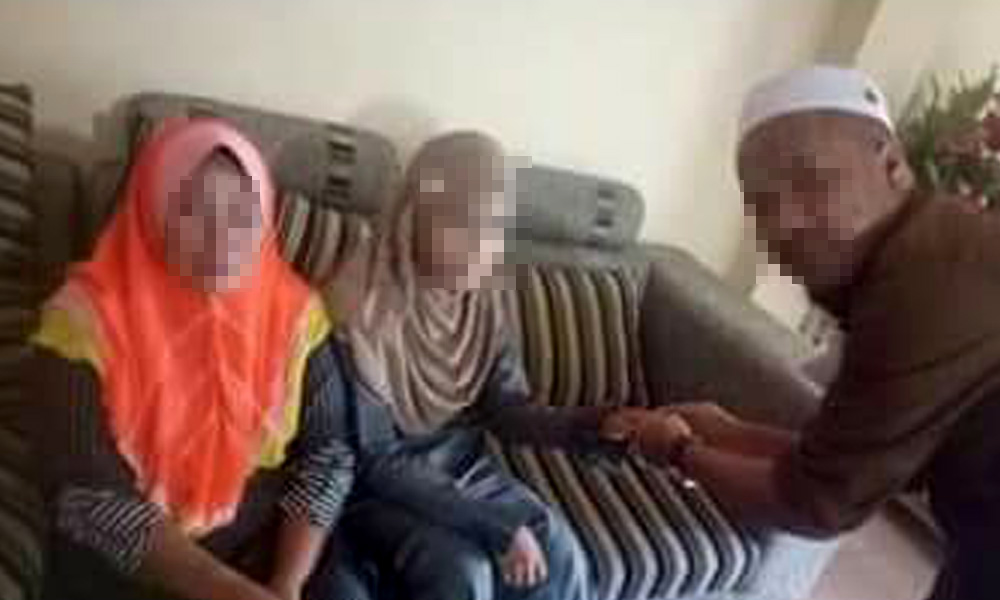
Policymakers, activists, child psychologists, healthcare professionals, international bodies and even religious institutions have all spoken ferociously about how child marriage is incompatible and, in fact, damaging to our generation today.
And then there are those who are still standing in the way of a total ban on child marriage in our country.
They say that many systemic issues feed into the need for exceptions where it comes to child marriage. I agree. I also think these issues need to guide our approach to correcting the course of our country.
Alongside making child marriage illegal, we also need to create poverty eradication programmes, increase access to education, install comprehensive sex education in schools, provide non-discriminatory access to healthcare and break the stereotype that the girl child is in any way inferior to a boy child, physically, intellectually, emotionally, spiritually or where her decisions and potentials are concerned.
We cannot wait until all these elements are in full swing before we ban child marriage in our country. Banning child marriage will only underscore the urgency of having these issues addressed, and that is exactly what it takes to get them going.
We need to completely take the option of child marriage off the table. There should not even be a conversation about how the child or her parents feel about her getting married at a young age.
The conversation should instead be on why aren’t we actively looking at and removing the barriers that stand in the way of the child reaching her best potential as a fully realised and dignified human being.
MAJIDAH HASHIM is a human rights defender and an underwater breather. She can be contacted via Twitter at @majidahhashim - mkini


No comments:
Post a Comment
Note: Only a member of this blog may post a comment.